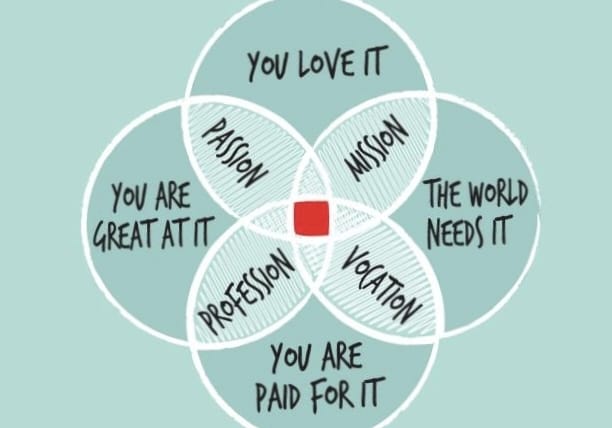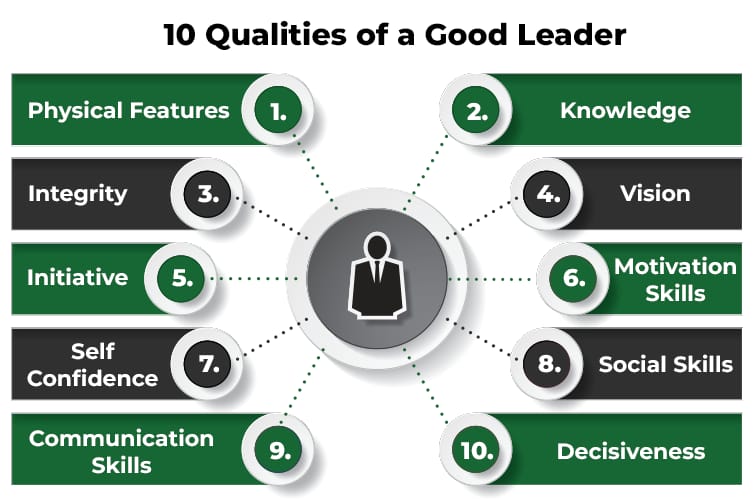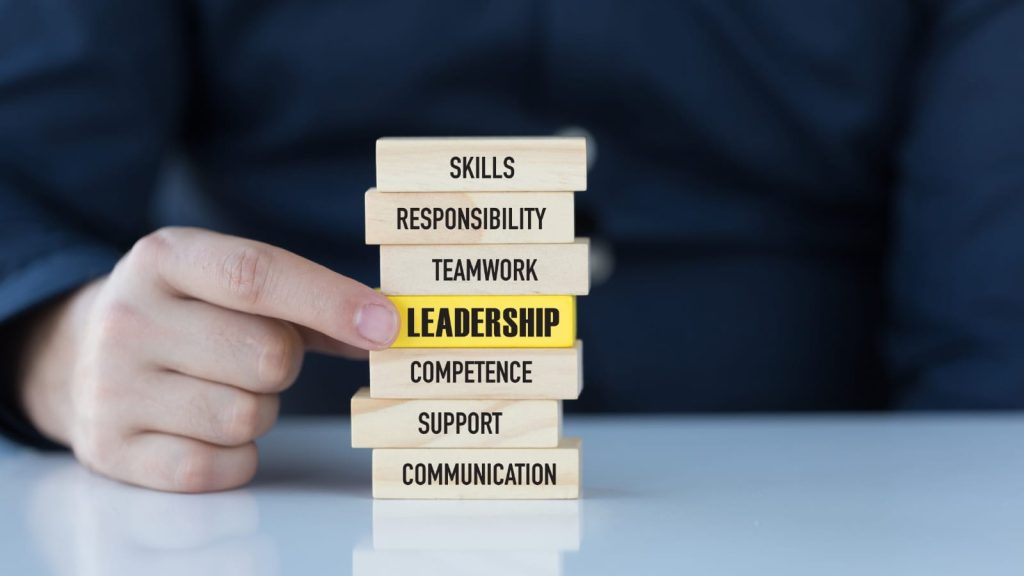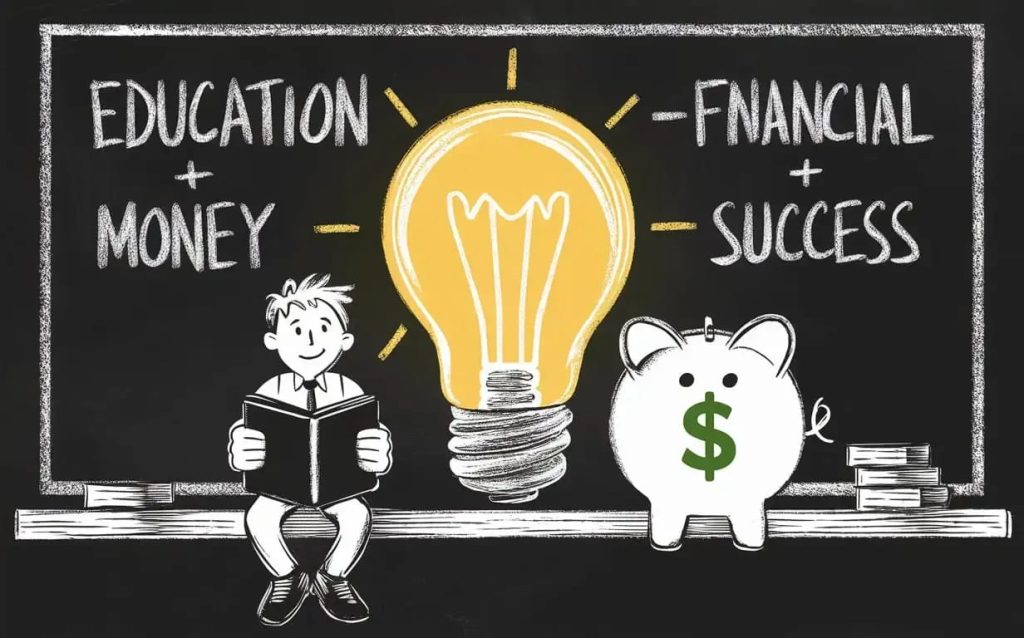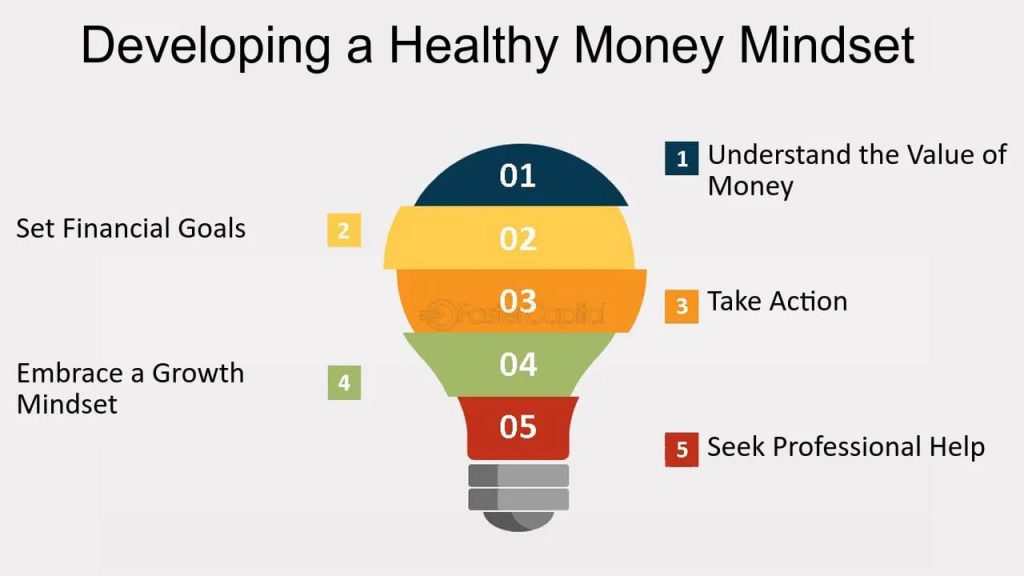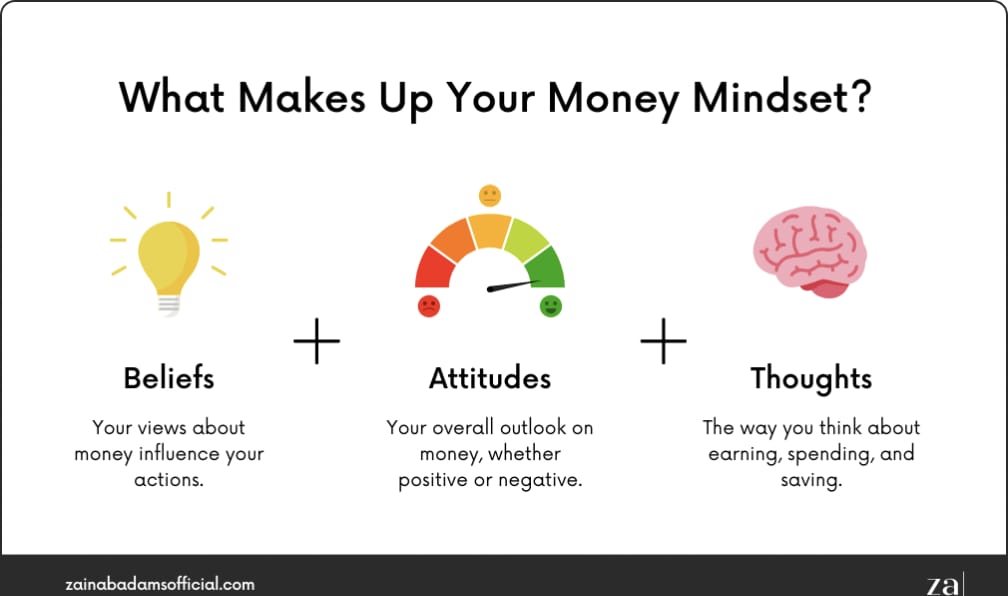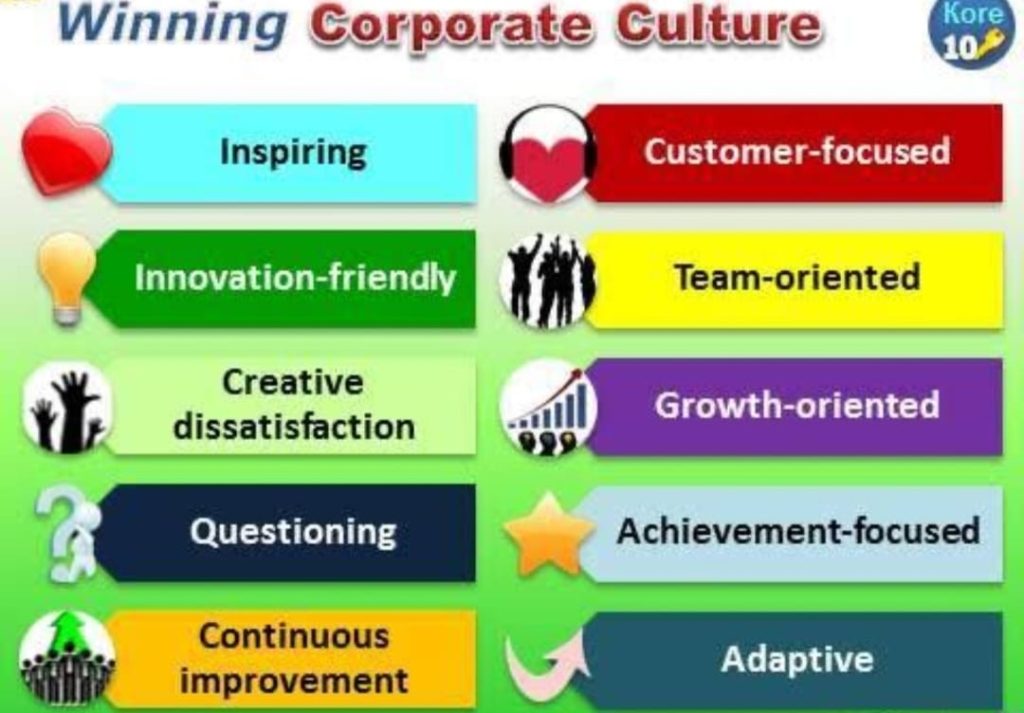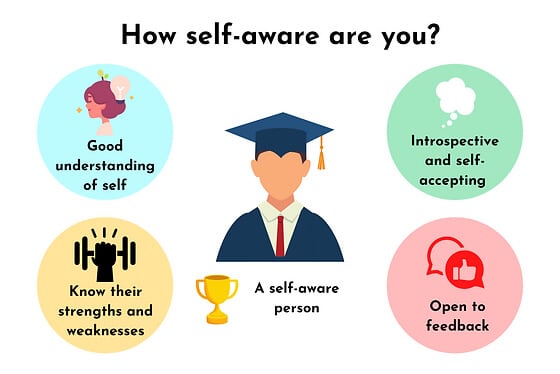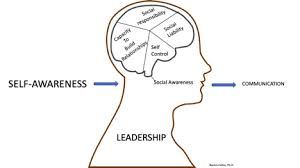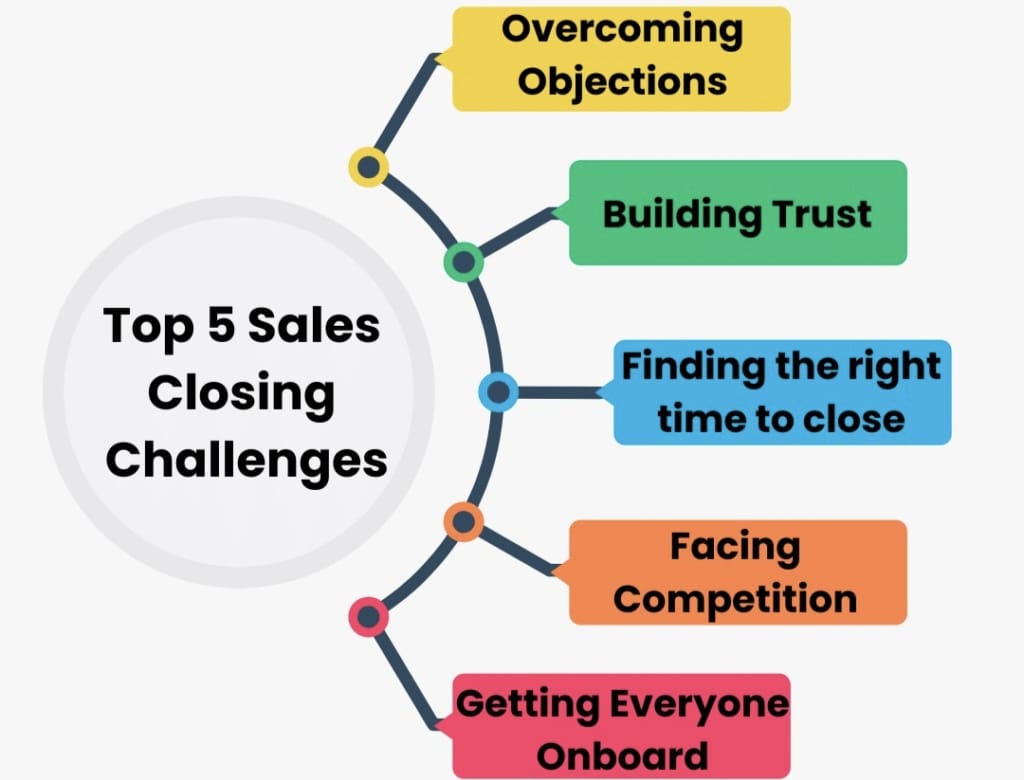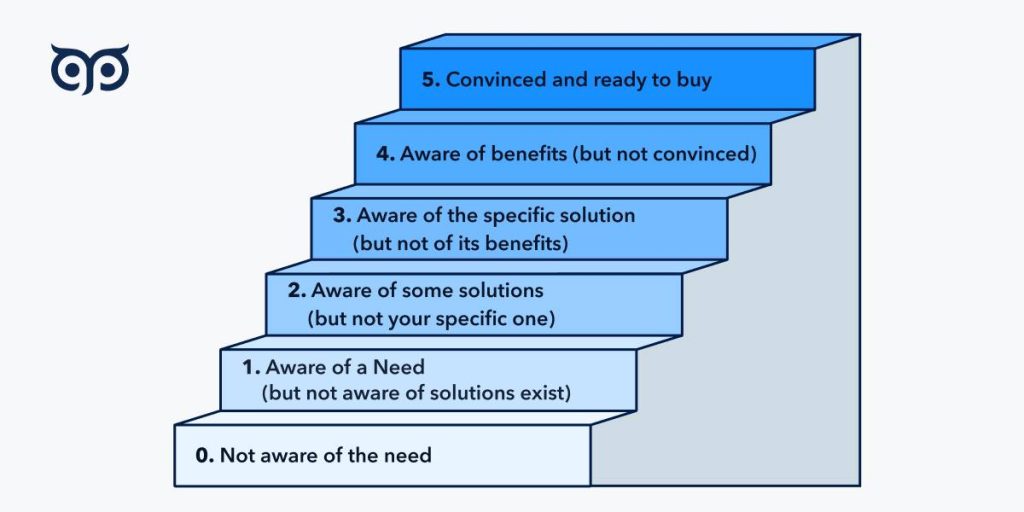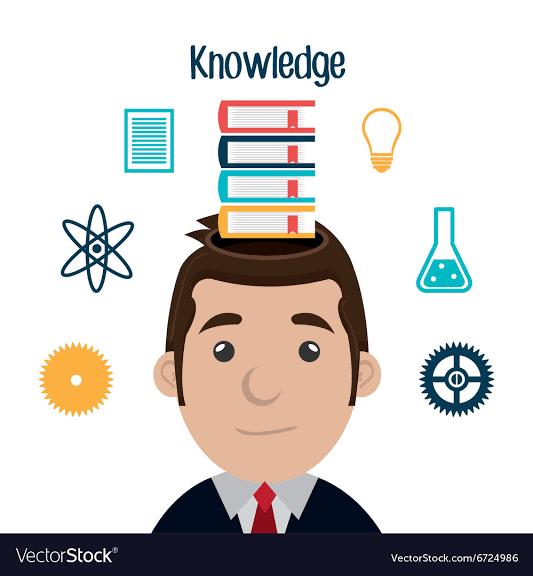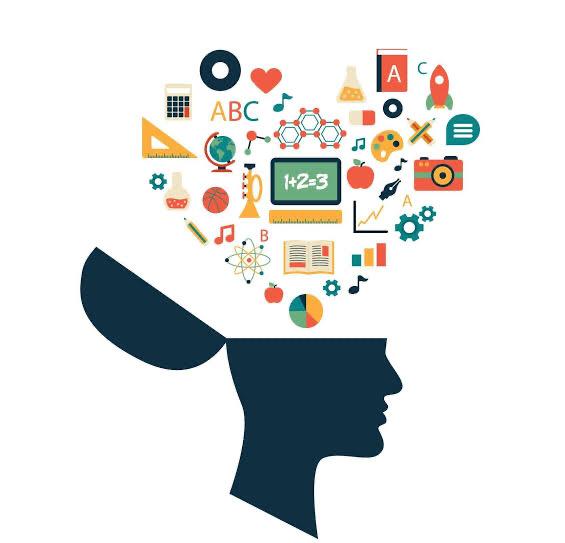Adaptability and Resilience: Essential Traits for Thriving in a Dynamic World
In today’s rapidly changing world, adaptability and resilience have become essential traits for personal and professional success. Whether you’re navigating unexpected challenges in your career or adjusting to shifts in your personal life, these two qualities empower you to not just survive but thrive in an ever-evolving environment.
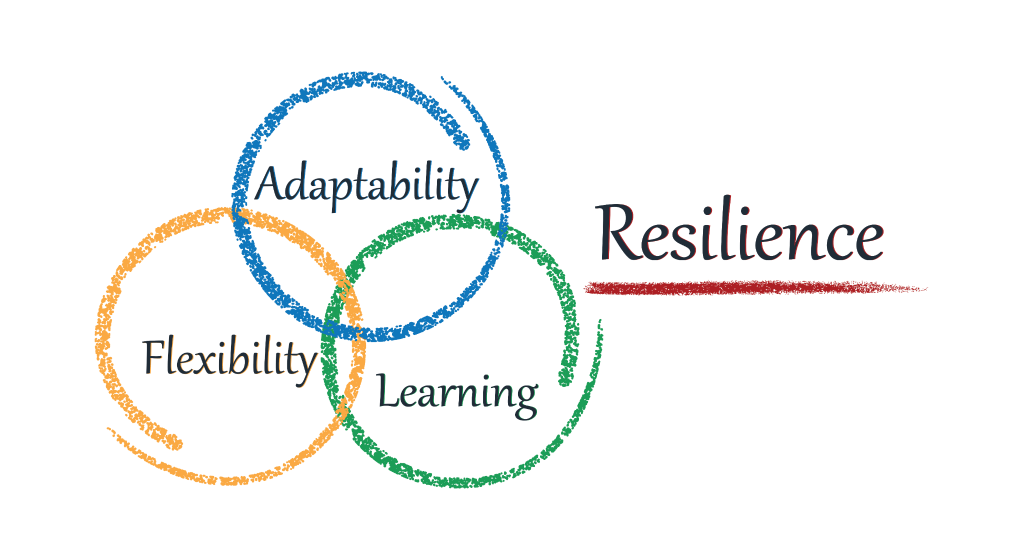
Understanding Adaptability
Adaptability refers to the ability to adjust to new conditions, learn new skills, and pivot strategies when faced with challenges or changes. It is a dynamic quality that enables individuals to remain relevant and effective in varying circumstances.
In the workplace, adaptability often looks like embracing new technologies, adjusting to organizational changes, or learning to work with diverse teams. For example, during the COVID-19 pandemic, businesses and employees had to adapt quickly to remote work, showcasing the importance of this trait. Those who adapted swiftly not only maintained productivity but also discovered innovative ways to connect and collaborate.
The Role of Resilience
While adaptability helps you navigate change, resilience is the quality that allows you to recover from setbacks and challenges. It’s about enduring hardships, maintaining a positive mindset, and continuing to push forward even when the odds seem stacked against you.
Resilience is not about avoiding failure but learning and growing from it. It’s the mental toughness that athletes display after losing a game or the determination entrepreneurs show after a failed venture. By fostering resilience, you build the emotional and mental strength needed to handle life’s ups and downs.

Why Are These Traits Important Today?
The modern world is characterized by unpredictability. Technological advancements, economic fluctuations, global crises, and cultural shifts constantly reshape the landscape of our lives. In such a scenario, adaptability and resilience are critical for several reasons:
Navigating Uncertainty: Being adaptable allows you to adjust your plans and strategies when faced with uncertainty, while resilience ensures you can cope with the stress and pressure that comes with it.
Career Growth: Employers value individuals who can learn new skills, embrace change, and remain optimistic in challenging situations. Adaptability and resilience can set you apart in the competitive job market.
Personal Development: These traits contribute to personal growth by teaching you to handle failure gracefully, overcome obstacles, and find new paths to success.
Mental Well-being: Resilience helps protect against burnout and anxiety by promoting a growth mindset and emotional stability, even in challenging times.
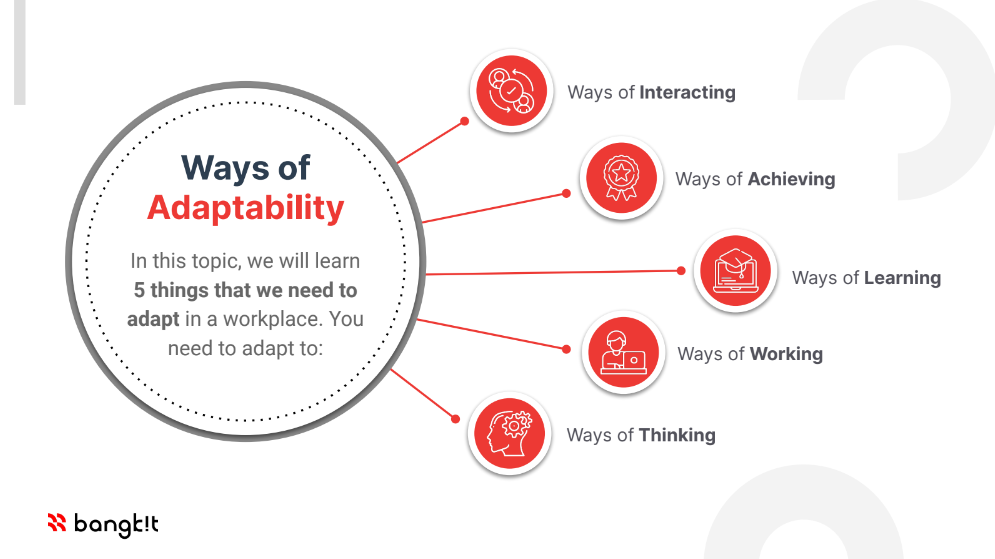
How to Cultivate Adaptability and Resilience
Fortunately, adaptability and resilience are not innate traits; they can be developed with consistent effort and practice. Here are some strategies to help you build these qualities:
Embrace Change: View change as an opportunity rather than a threat. This mindset shift makes it easier to adapt and find new solutions.
Stay Curious: A curious mind is open to learning and exploring. Cultivate curiosity by seeking out new experiences, reading widely, and staying informed about emerging trends.
Develop Problem-Solving Skills: When faced with a challenge, break it down into smaller, manageable parts. Focus on finding actionable solutions rather than dwelling on the problem.
Practice Mindfulness: Mindfulness techniques, such as meditation or deep breathing, can help you stay calm under pressure and maintain focus during uncertain times.
Build a Support Network: Surround yourself with people who encourage and inspire you. A strong support network can provide emotional and practical assistance during tough times.
Set Realistic Goals: Resilience is strengthened when you achieve small wins. Break down your larger objectives into smaller, achievable steps to build momentum and confidence.
Learn from Setbacks: Reflect on past failures and use them as learning opportunities. Resilience grows when you can extract valuable lessons from challenges.
Stay Physically Active: Regular exercise boosts both mental and physical health, enhancing your ability to cope with stress and adapt to change.

Adaptability and Resilience in Leadership
Leaders who exhibit adaptability and resilience are better equipped to guide their teams through change and uncertainty. They inspire confidence, foster innovation, and create a culture where challenges are seen as opportunities. In organizations, resilient leaders prioritize clear communication, encourage collaboration, and remain calm under pressure, setting the tone for their teams to follow.
For example, Satya Nadella, CEO of Microsoft, demonstrated adaptability and resilience by shifting the company’s focus from traditional software to cloud computing and AI technologies. His ability to embrace change and recover from challenges transformed Microsoft into one of the world’s most valuable companies.
The Future Belongs to the Adaptable and Resilient
As the pace of change accelerates, the ability to adapt and bounce back will become even more critical. Individuals and organizations that prioritize these traits will be better positioned to seize new opportunities, overcome challenges, and achieve sustainable success.
By cultivating adaptability and resilience, you can prepare yourself to face life’s uncertainties with confidence and emerge stronger from every experience. Remember, it’s not the strongest or the smartest who thrive—it’s those who are most willing to embrace change and persevere.
https://nimblefoundation.org/
https://www.linkedin.com/in/satish-kakri-17224417/
https://nimblefoundation.org/feedback.html
Thanks for reading.
